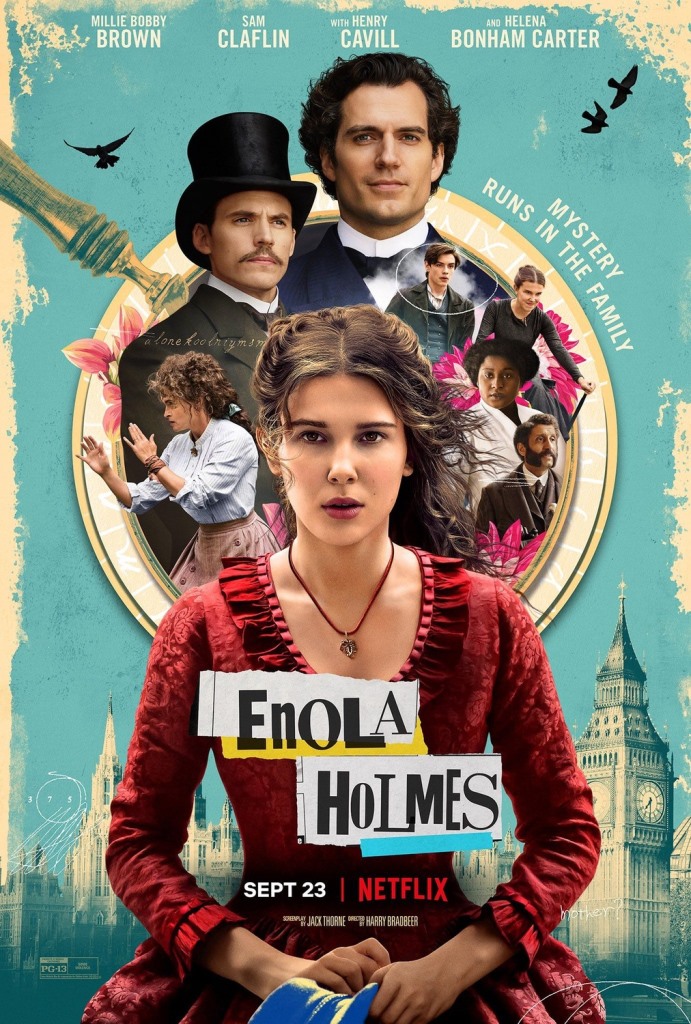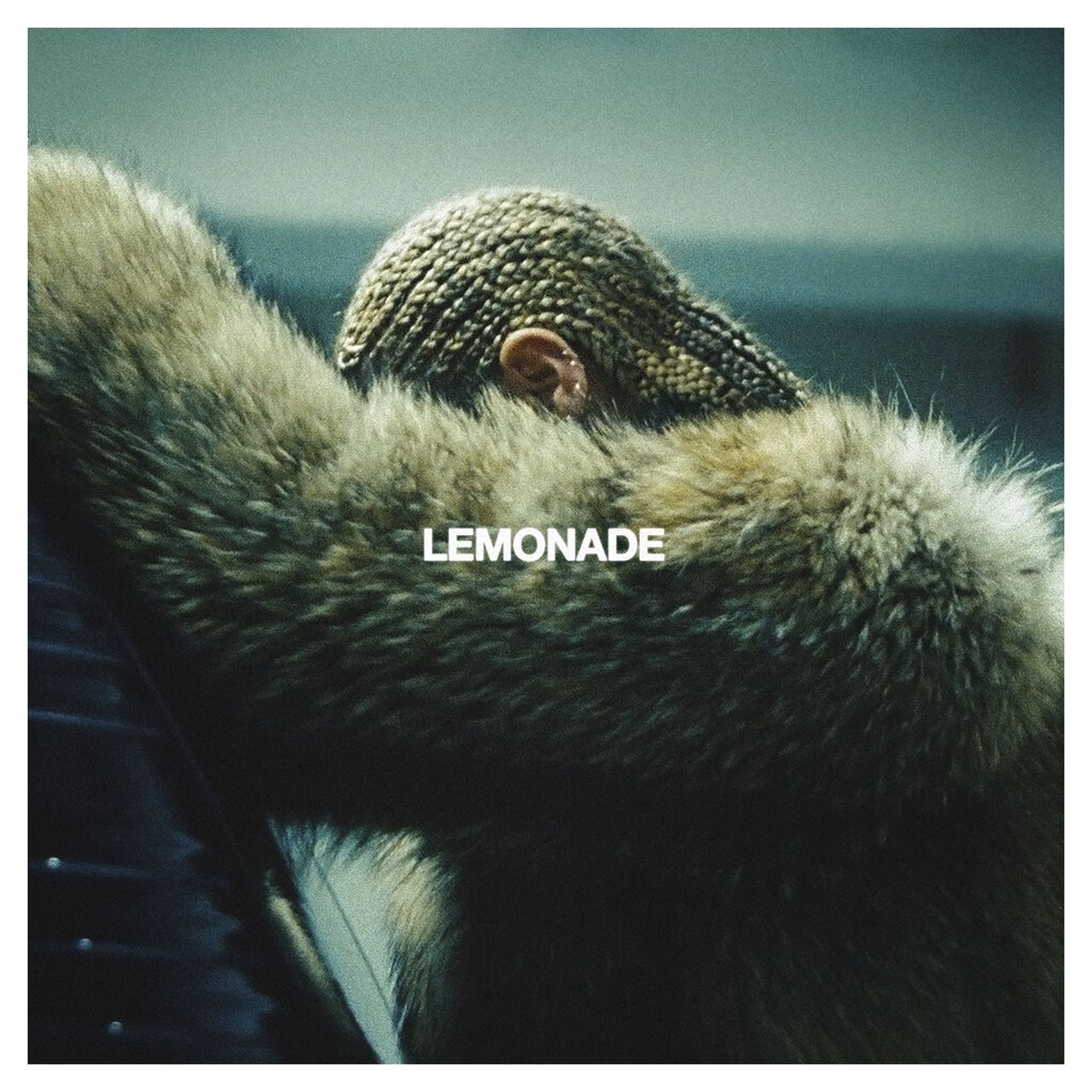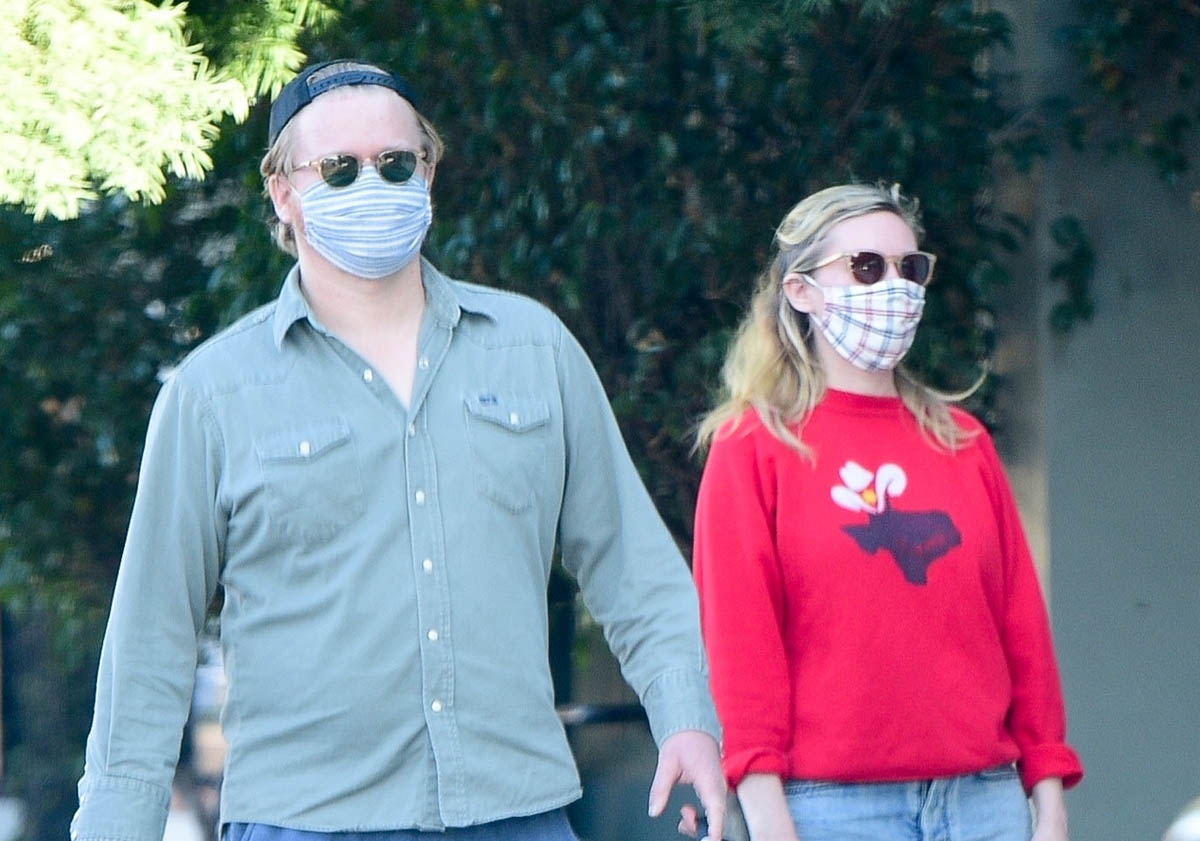Millie Bobby Brown is GREAT as Enola Holmes



Enola Holmes (Millie Bobby Brown) is a spunky teenage detective whose resilience prevents her from being crushed by the social mores and expectations of Victorian England. When her eccentric mother (Helena Bonham Carter) disappears on her 16th birthday, Enola—who keeps reminding us her name is “alone” backwards—sets out to find her erstwhile parent. This brings her into conflict with her older, established brothers: eldest brother Mycroft (Sam Claflin) is “in government”, and middle child Sherlock (Henry Cavill) is just beginning to make his name as a gentleman detective. Enola, largely forgotten by her brothers, finds herself the unwilling subject of their authority after her mother’s disappearance, and so escapes into London, searching for her mother while evading her brothers.
Adapted by Jack Thorne from Nancy Springer’s YA mystery series, Enola Holmes is an enormously enjoyable film, carried capably by a winsome performance by Brown, with a side helping from Claflin playing Mycroft as a comedy villain, complete with Snidely Whiplash mustache—this might be my favorite take on Mycroft in recent memory—and especially Cavill as a dashing Sherlock. (I think the secret to Henry Cavill being interesting on screen is to let him play spy-types, see also: The Man from U.N.C.L.E and Mission: Impossible – Fallout. I will not be shocked if he ends up the next James Bond.) Enola more than holds her own against her brothers, particularly Sherlock who matches wits with her, though his disinterest in people often sets him on the wrong foot with his sister, and Brown is fully capable of managing a scene against much older actors of tremendous presence. Part of what makes Holmes so fun is watching Enola get one over on her brothers, and Brown bouncing off solid performers like Claflin, Cavill, and Burn Gorman (who plays a hilariously determined Victorian terminator).
Where Holmes falls a little flat is in the main “case” Enola works involving a runaway young lord, the Viscount Tewksbury, Marquess Basilwether (Louis Partridge, looking like a One Direction outcast). Don’t get me started on how annoying it is that everyone makes the effort to pronounce “marquess” correctly while the title is that f-cked up, but the case is not flat because of the mystery itself. No, the mystery is good. It’s not terribly hard to figure out, but it’s well constructed and it’s nice touch that Enola’s deductive skills rest on her ability to read people emotionally, something Sherlock can’t do. The problem is more that compared to Claflin and Cavill, Brown doesn’t have great chemistry with Partridge. I don’t mean romantically, though there is a “first crush” angle, but more that when Brown is on screen with Partridge, Holmes loses a little sparkle. The film is much more engaging when Enola is matching wits with literally anyone else, whenever she has to stop and save Tewksbury, the film loses a little momentum.
But that is a minor complaint in what is otherwise an immensely fun caper comedy. Brown frequently breaks the fourth wall to talk to the audience—director Harry Bradbeer is a veteran of Fleabag and smoothly integrates the breaks into the action—and she, like Phoebe Waller-Bridge, has the panache to pull it off without it feeling gimmicky. The performer-character match of Brown and Enola is perfect and should be instantly indelible, not unlike Harrison Ford and Indiana Jones or RDJ and Tony Stark. Enola Holmes is also a very good-looking film, with a jaunty score from Daniel Pemberton that features a memorable theme for Enola. This has all the hallmarks of the beginning of a great franchise, it just remains to be seen if Netflix can support such a thing. That’s a question for another day, what I know right now is that Enola Holmes is engaging, fun, witty, and features a brilliant protagonist. This is the most fun I’ve had with a young adult adventure film since Harry Potter, and Enola is a worthy successor to the scrappy teen hero(ine) crown.

